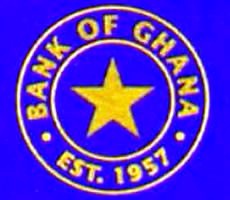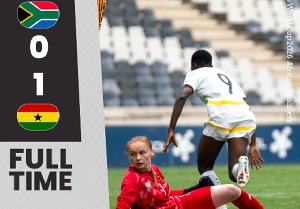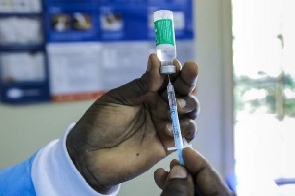The Bank of Ghana (BoG) has taken steps to cleanse the banking and non-banking financial sector of errant financial institutions, Mr. Michael Anyamesem, the Ashanti Regional Manager, has announced.
He said those which were unauthorized or failed to follow its licensing requirements would not be allowed any longer to do business.
He was addressing the 27th annual general meeting of the shareholders of the Nwabiagya Rural Bank at Barekese in the Atwima-Nwabiagya District to discuss ways to sustain it on the path of growth.
Mr. Anyamesem stated that the Central Bank had a shared responsibility with the banking industry in ensuring effective financial intermediation through innovative policies.
It was on the basis of this that the Bank would enforce and do everything to rein in those which had failed to abide by regulations of the sector.
He reminded Rural and Community Banks (RCBs), to strengthen their governance and reporting structure, something he said, they had not done very well.
He identified weak corporate governance system as a major failure and asked that this was addressed.
He said to help tackle this the BOG had developed corporate governance regulations - limit on tenure and possession of certain competencies for directors, good internal controls and compliance systems.
He encouraged Directors of the RCBs to upgrade their skills and knowledge in order to better understand and properly interpret financial statements submitted to them by the management.
Mr.Anyamesem applauded the Nwabiagya Bank for its continued financial support to farmers, traders, artisans, and other economic groups to grow their business operations.
Equally laudable was the financial package introduced to meet urgent social needs of the people.
He praised the RCBs for their strong performance, citing the increase in their total assets from GHC1,852.9 million in 2013, to GHC2,099.5 million, last year, showing a growth of13 per cent.
At the same time, their total loans and advances grew by eight per cent from GHC716.8 million to GHC777.8 million while total deposits rose from GHC1,372.5 million in 2013 to GHC1,604.5 million, representing a six per cent rise.
Business News of Wednesday, 9 September 2015
Source: GNA
BoG takes steps to cleanse financial sector
 BoG logo
BoG logo
Entertainment











